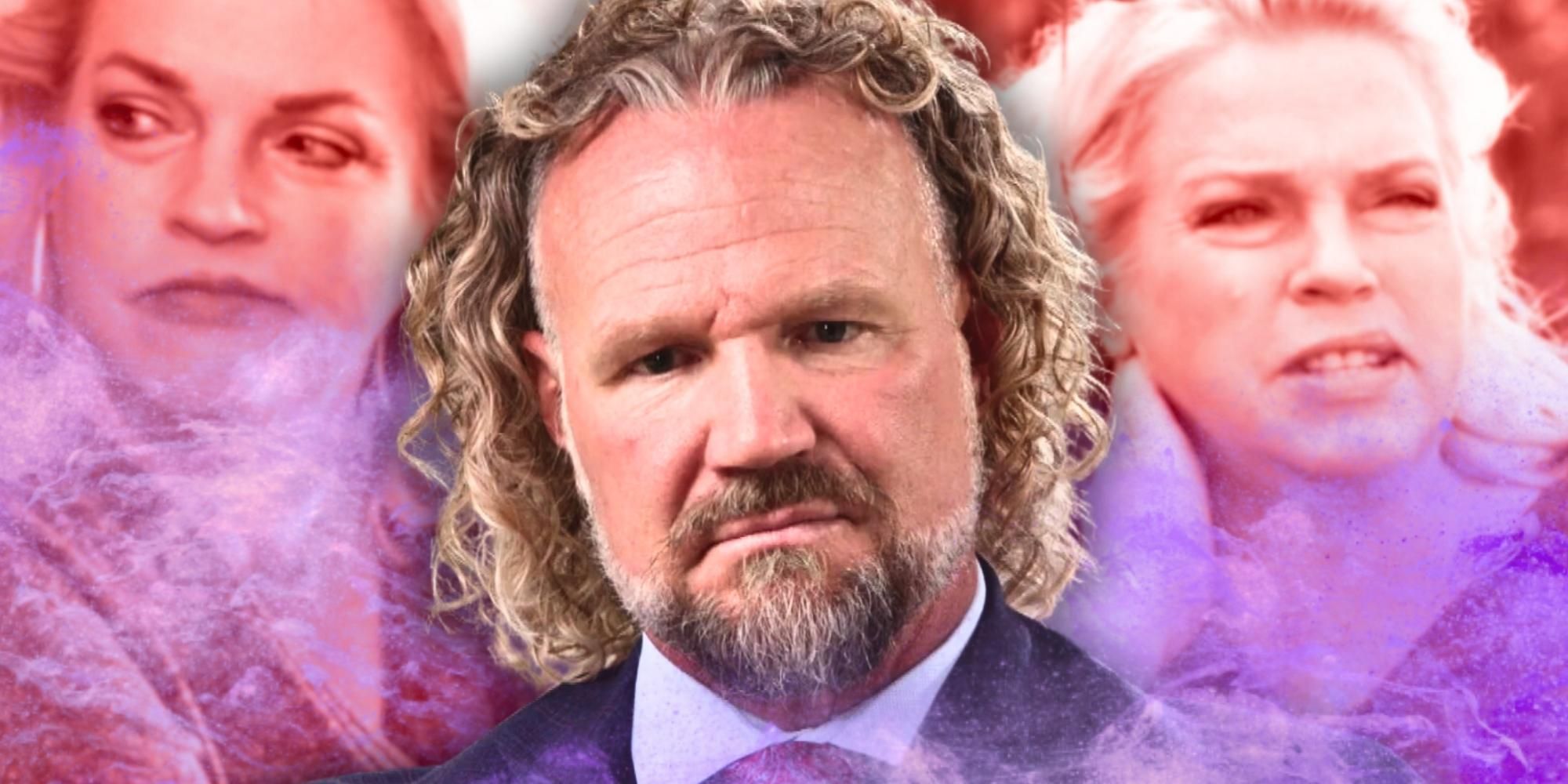The UK government has used its Autumn Statement to quell industry concerns around the new tax credit but decline to raise relief for indie film, while Equity has slammed the Conservatives for “undermining public service broadcasters and pursuing a culture war against marginalised groups.”
Delivered earlier this afternoon, the statement from Chancellor Jeremy Hunt dealt with complaints from the likes of Warner Bros. Discovery, Paramount and Pinewood by scotching planned restrictions on tax credit relief for what is termed “commercial party transactions,” along with addressing concerns over which documentaries qualify for the credit.
Hunt also announced he will launch a consultation that could see tax relief expanded to cover VFX firms.
Introduced more than a decade ago, the UK’s lucrative film and high-end TV tax credit has been hugely successful. It was simplified by Hunt eight months ago when he announced a new Audio-Visual Expenditure Credit to come into effect next year, bringing together a number of different credits, which reformed the relief from a rebate of 25% to a credit of 34% from next year – a 0.5% real-terms increase.
Major players and studios broadly welcomed the relief in submissions to a current government inquiry into high-end TV and film. However, capping the relief on what companies receive on “connected party” profits would have lost production companies money on shows where they had to use third-party suppliers in areas such as VFX, they had claimed in their submissions. The move would have led to “market distortion and unequal treatment between vertically integrated and third-party companies as well as disincentivising productions from choosing the UK,” according to WBD’s submission, which added that it had been “in dialogue with [the government] regarding our concerns.”
As of today, the government said companies will now be required to “disclose connected party transactions and charge connected parties at an arm’s length price,” rather than the profits being capped.
The government also addressed concerns over which documentaries qualify for the relief by saying it will now define a doc by “aligning with the guidance used by the BFI.”
The BFI and British Film Commission have been given £2.1M additional funding to support the production of film and high-end TV across the UK and help bed in the new tax credit.
Shows are expected to rush back into production in the UK next year now that the U.S. strikes have been called off and the sector is keen for the UK to retain its crown as a top global production hub. Production spend in the UK high-end film and TV industries reached a record £6.3BN ($7.6BN) in 2022, according to the BFI. This was up £1.8BN on the figure recorded in the pre-pandemic 2019 and is £600M more than last year’s previous record of $5.6BN.
“Undermining our PSBs”: industry reaction
Producer trade body Pact said the government had “missed an opportunity to remedy a clear market failure” within the independent film sector, after failing to take up the body’s offer to increase tax relief specifically on lower-budget films of £1M to £15M to 40%.
“An increase to the Film Tax Relief of 40% would stimulate investment into the sector, create jobs and opportunities for new talent, which in turn would benefit the wider audiovisual economy,” said Pact CEO John McVay.
“As the creative industries are one of the Prime Minister’s priority sectors for economic growth we urge the Government to not to miss this opportunity to grow a culturally and economically important part of the creative industries.”
Elsewhere, actors union Equity General Secretary slammed the Autumn Statement for “undermining our public service broadcasters, and pursuing a culture war against marginalized groups.”
Equity’s concerns are understood to center on the government’s refusal to help reverse pre-existing cuts to the likes of the BBC – which has been hit with a real-terms loss of £1B over the past decade – and the local performing arts sector.
Equity also said it finds “attacks on all social security claimants” in the Autumn Statement “abhorrent,” pointing in particular to the impact they will have on the disabled community. “In particular, disabled people have consistently been forced to pay the price of this government’s poor management of the economy and public services, and their tax cuts to the wealthy and big business,” added the union. “Equity says ‘enough’.”







